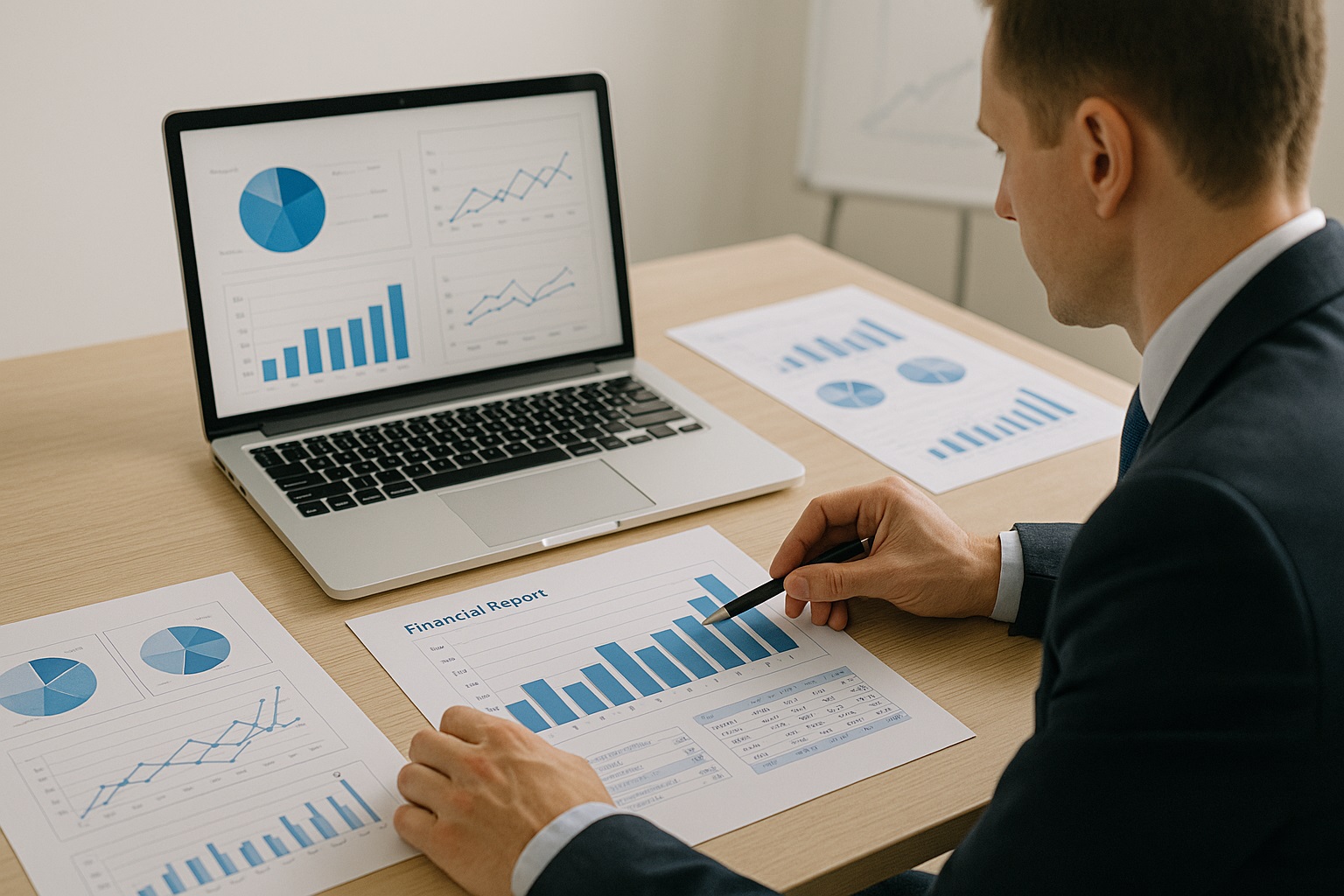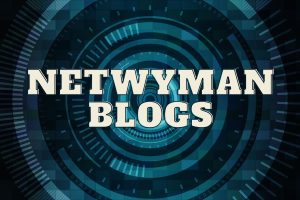Importance of Economic Analysis in Organization

Every business, whether large or small, makes decisions that involve costs, benefits, risks, and resources. These choices can affect not only short-term operations but also long-term survival. This is where economic analysis becomes valuable. It offers a way for organizations to understand how their internal decisions interact with market forces and financial realities.
Economic analysis isn’t just for economists or analysts. It’s something that can help leaders make better decisions, guide investment strategies, and shape how companies adapt to challenges. When organizations pay attention to economic trends and use data effectively, they can avoid costly mistakes and identify opportunities that may have gone unnoticed.
What This Article Will Cover
This article explains why economic analysis matters in business settings. It looks at how organizations use it to support strategic planning, improve budgeting, evaluate performance, and respond to changing markets. It also explores real-world applications, such as pricing decisions, resource allocation, and policy impacts. Whether you’re managing a startup or leading a department, understanding basic economic principles can shape smarter choices.
Making Better Business Decisions
At its core, economic analysis helps companies understand the trade-offs involved in every decision. Should a business invest in new equipment or expand into a new market? Should it raise prices or focus on volume? These are not just finance questions—they are economic ones. The goal is to weigh potential outcomes and use available data to make decisions that improve efficiency and results.
Economic tools like cost-benefit analysis and marginal analysis help managers see what actions offer the most value. These methods allow decision-makers to compare what they’re spending with what they’re gaining. Instead of guessing or going with gut feelings, they can rely on structured thinking supported by real data.
Understanding Market Conditions
Organizations don’t operate in isolation. They are part of wider markets that shift based on demand, supply, competition, inflation, and global events. Through economic analysis, businesses can keep track of these changes and adjust their strategies accordingly. For example, during a slowdown in consumer spending, companies might choose to reduce inventory levels or delay hiring. When interest rates rise, they may rethink their borrowing plans.
Staying informed about market conditions helps avoid surprises. It also positions a business to act quickly when the environment changes. This kind of agility can mean the difference between a company that survives hard times and one that thrives.
Supporting Strategic Planning
Long-term planning requires more than ambition. It needs numbers and projections. Economic analysis gives structure to a company’s future plans by looking at costs, trends, and forecasts. This approach allows businesses to create budgets that align with reality, plan investments with care, and estimate returns with greater accuracy.
A business that uses economic principles when crafting its strategy is more likely to spot risks and prepare for them. It can also identify growth opportunities in markets others may overlook. Instead of reacting to events, it operates with a clear view of where it’s going and why.
Pricing and Cost Control
One of the most direct applications of economic analysis is in pricing. Setting prices too low can mean losing profit. Setting them too high may drive away customers. Economic analysis helps companies find the sweet spot—where the price reflects value, covers costs, and attracts the right buyers.
It also helps with controlling costs. By analyzing fixed and variable costs, and looking at how they behave at different production levels, businesses can find ways to become more efficient. Knowing where waste occurs or which inputs are overpriced allows for better financial management.
Managing Resources Wisely
Resources are limited. Economic analysis helps organizations allocate them wisely. Whether it’s deciding how many employees to hire, how much inventory to stock, or which projects to prioritize, every choice involves trade-offs. Economic thinking encourages businesses to ask, “What are we giving up by choosing this option instead of another?”
This type of thinking promotes smarter use of money, time, and talent. It prevents overinvestment in low-return activities and encourages a focus on high-impact goals. It also supports sustainability, since waste and inefficiency are often the result of poor resource management.
Measuring Performance
Another reason economic analysis matters is its role in performance measurement. Businesses use economic indicators to assess how well they’re doing compared to their goals and competitors. Metrics such as return on investment (ROI), productivity rates, and profit margins give a clear picture of whether a company is moving in the right direction.
These indicators also help set benchmarks for teams and departments. Managers can track which efforts bring results and which ones need changes. Economic data can show whether marketing campaigns are worth the cost or if supply chains need adjustments.
Responding to Government and Policy Changes
Economic decisions are not made in a vacuum. Laws, taxes, and government policies affect how businesses operate. Economic analysis allows companies to anticipate how new regulations might affect their operations. Whether it’s changes in minimum wage laws, environmental rules, or international trade policies, economic tools help businesses evaluate potential impacts and plan accordingly.
This kind of foresight can save time, prevent losses, and even offer a competitive edge. A company that understands the economic impact of policy changes can pivot faster and adapt more smoothly.
Helping Nonprofits and Public Organizations
It’s not just businesses that benefit from economic thinking. Nonprofits, universities, and public agencies also use economic analysis to manage budgets and serve communities. These organizations often work with limited funds and must ensure that their services reach the most people with the greatest effect.
Economic models help them prioritize spending, evaluate grant proposals, and track results. They can also demonstrate accountability to donors or taxpayers by showing that funds are used efficiently.
Economic analysis brings clarity to complex problems. It supports better decisions, reduces waste, and helps organizations understand the world around them. Whether you’re working in a private company, running a nonprofit, or leading a public agency, using economic principles gives you the tools to act with confidence and purpose.







